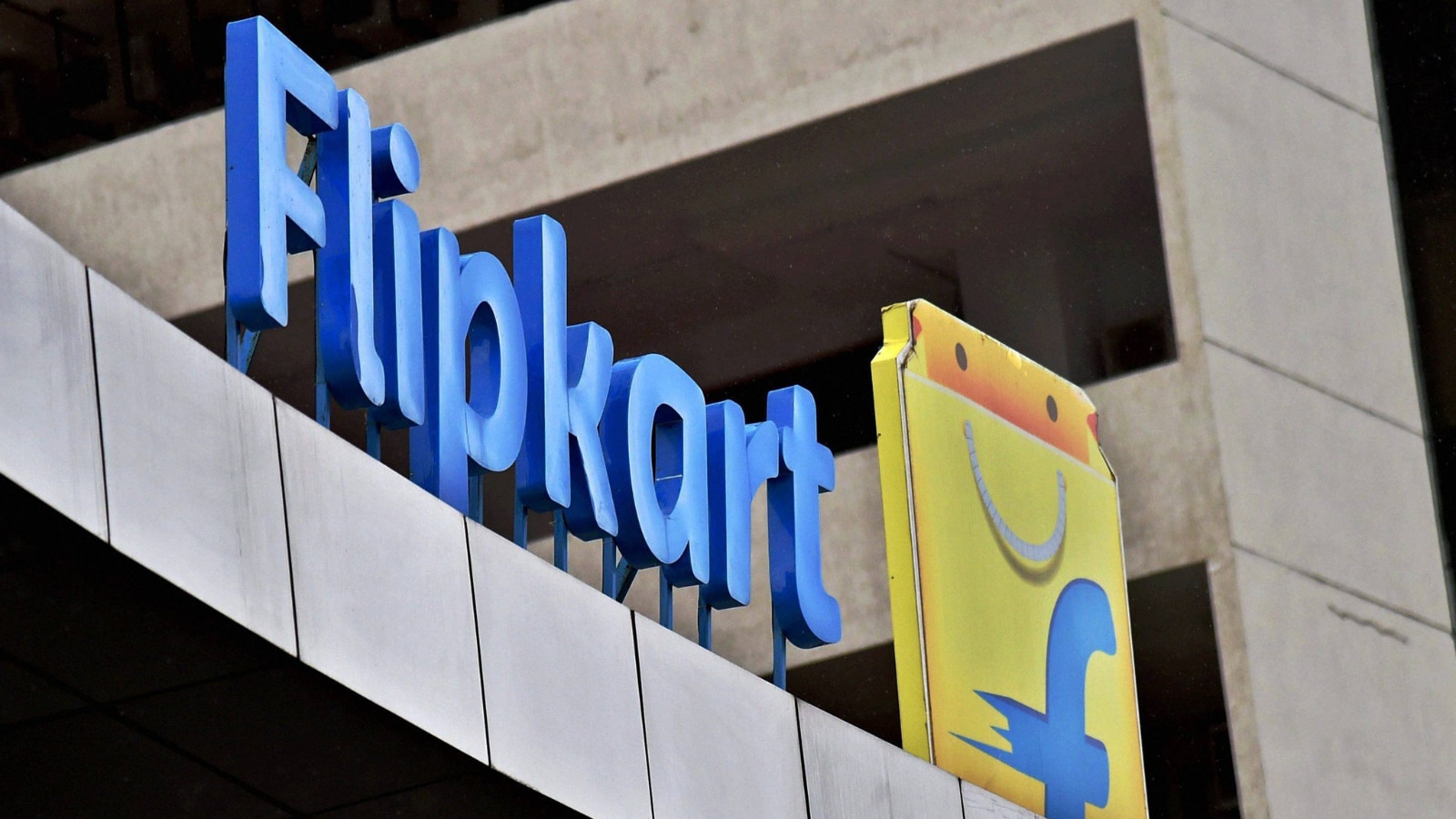Flipkart's NBFC License: A Catalyst for Profitability and Ecosystem Dominance in India's E-Commerce Fintech Convergence
The Reserve Bank of India's (RBI) decision to grant Flipkart a Non-Banking Financial Company (NBFC) license in March 2025 marks a pivotal shift in India's retail and fintech landscapes. For walmart, Flipkart's majority owner, this move represents a strategic triumph: a direct path to higher margins, reduced reliance on financial partners, and deeper control over its seller and consumer ecosystems. While regulatory risks and competition loom, the long-term benefits position Flipkart—and by extension Walmart—as central players in India's $1 trillion e-commerce-fintech convergence.

Flipkart's NBFC license enables it to bypass traditional banking partnerships, capturing the full margin on loans issued to sellers and consumers. Currently, Flipkart's lending business relies on banks like Axis Bank and IDFC Bank, which take a cut of the interest income. Direct lending, however, allows Flipkart to retain those margins, boosting its bottom line.
The potential upside is stark. India's unsecured consumer lending market alone is projected to grow at 14% annually, reaching $100 billion by 2027. Flipkart's platform, with its 300 million+ users and 2 million+ sellers, provides a ready audience. By integrating loans into its ecosystem—via its super.money app and e-commerce platform—Flipkart can convert transaction data into creditworthiness assessments, reducing default risks and improving pricing precision.
The NBFC license isn't just about revenue; it's about deepening customer lock-in. Sellers on Flipkart's platform often struggle with working capital constraints. By offering them low-cost financing, Flipkart can incentivize sellers to prioritize listings on its marketplace over competitors'. Similarly, consumer loans for big-ticket purchases (electronics, appliances) could boost average order values, creating a virtuous cycle of growth.
PhonePe, Flipkart's digital payments arm, further amplifies this synergy. Combining payments data with lending capabilities creates a “closed-loop” ecosystem where users transact, borrow, and pay—all within Flipkart's universe. This integration reduces leakage to rival platforms and cements Flipkart's dominance in India's digital economy.
For Walmart, Flipkart's NBFC ambitions are a high-stakes bet. With an 80% stake in Flipkart, Walmart's returns hinge on Flipkart's ability to monetize its scale. The NBFC license advances this goal by:
1. : Lowering counterparty risk and transaction costs.
2. : Analysts estimate a 2-3% margin expansion by 2026, critical as Flipkart eyes an IPO.
3. : Amazon's financial services arm, Amazon Pay, lacks an NBFC license, leaving Flipkart with a first-mover advantage in direct lending.
Investors in Walmart should note that Flipkart's fintech push aligns with Walmart's broader shift toward digital commerce. A stronger Flipkart could also attract synergies in logistics and supply chain innovation, further justifying Walmart's $20 billion+ investment.
The path is not without obstacles. The RBI's September 2025 deadline for NBFCs to phase out reliance on Default Loss Guarantees (DLGs) from fintech partners adds complexity. Flipkart must ensure its lending models comply, potentially raising capital reserves or adjusting risk frameworks.
Additionally, competition is intensifying. Reliance Retail, backed by Jio, has aggressively expanded into digital lending, while Paytm and Zomato are also eyeing fintech adjacencies. Regulatory scrutiny of Big Tech's financial ambitions could also slow growth.
The NBFC license is a transformative move for Flipkart and Walmart. It unlocks a $100+ billion market, improves margins, and solidifies Flipkart's ecosystem. However, execution risks—compliance, competition, and integration with PhonePe—demand monitoring.
: Investors in Walmart should view Flipkart's NBFC push as a core growth lever. A long-term hold is warranted, but near-term volatility tied to regulatory compliance and competitive dynamics may test patience. For those building a position in Flipkart ahead of its potential IPO, the NBFC license is a key differentiator.
In conclusion, Flipkart's move into direct lending is not merely a financial play—it's a strategic gambit to own India's digital economy. For Walmart, it's a critical step toward turning its Indian bet into a global fintech powerhouse.
Disclosure: This analysis is for informational purposes only and does not constitute financial advice.











